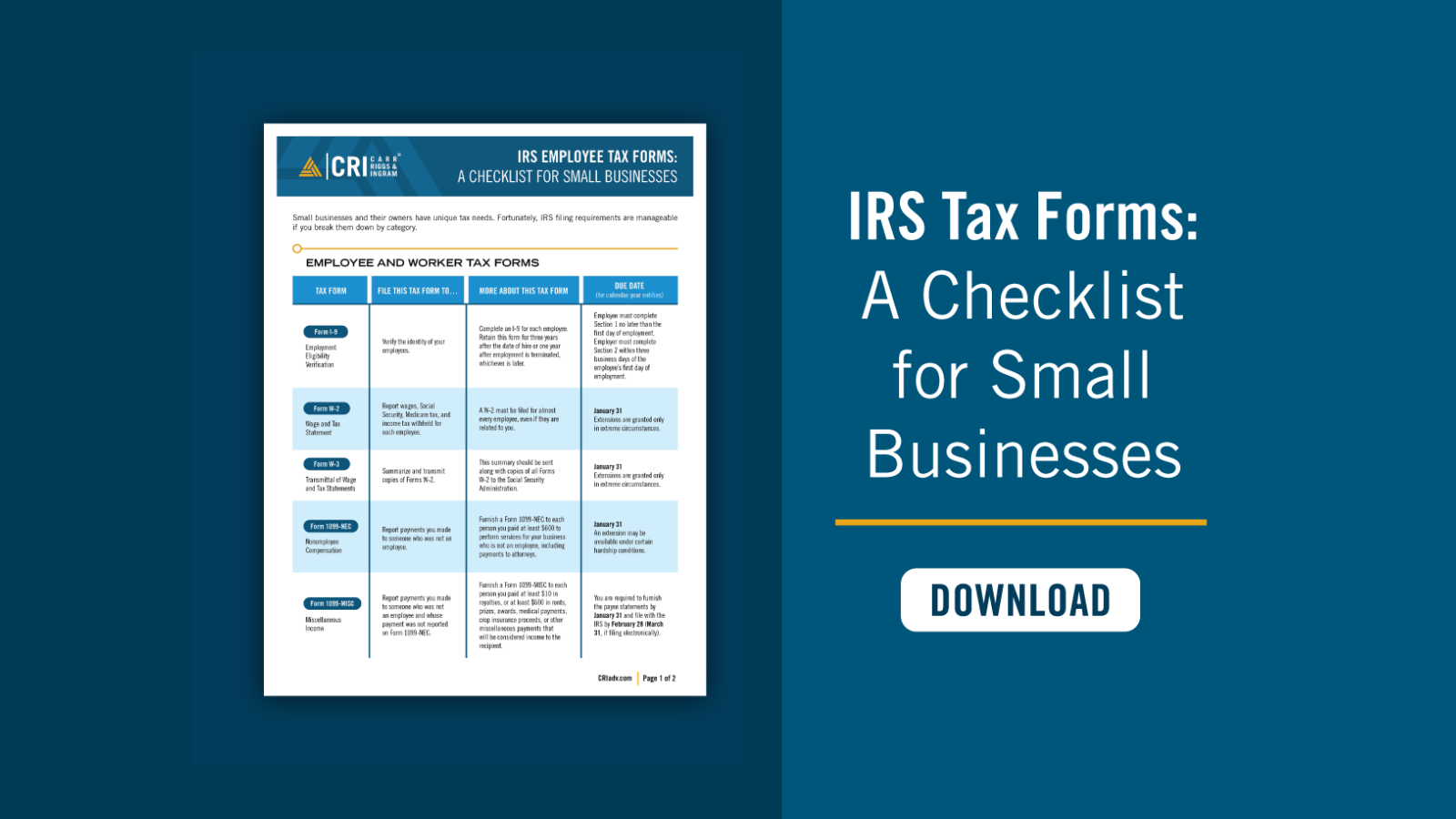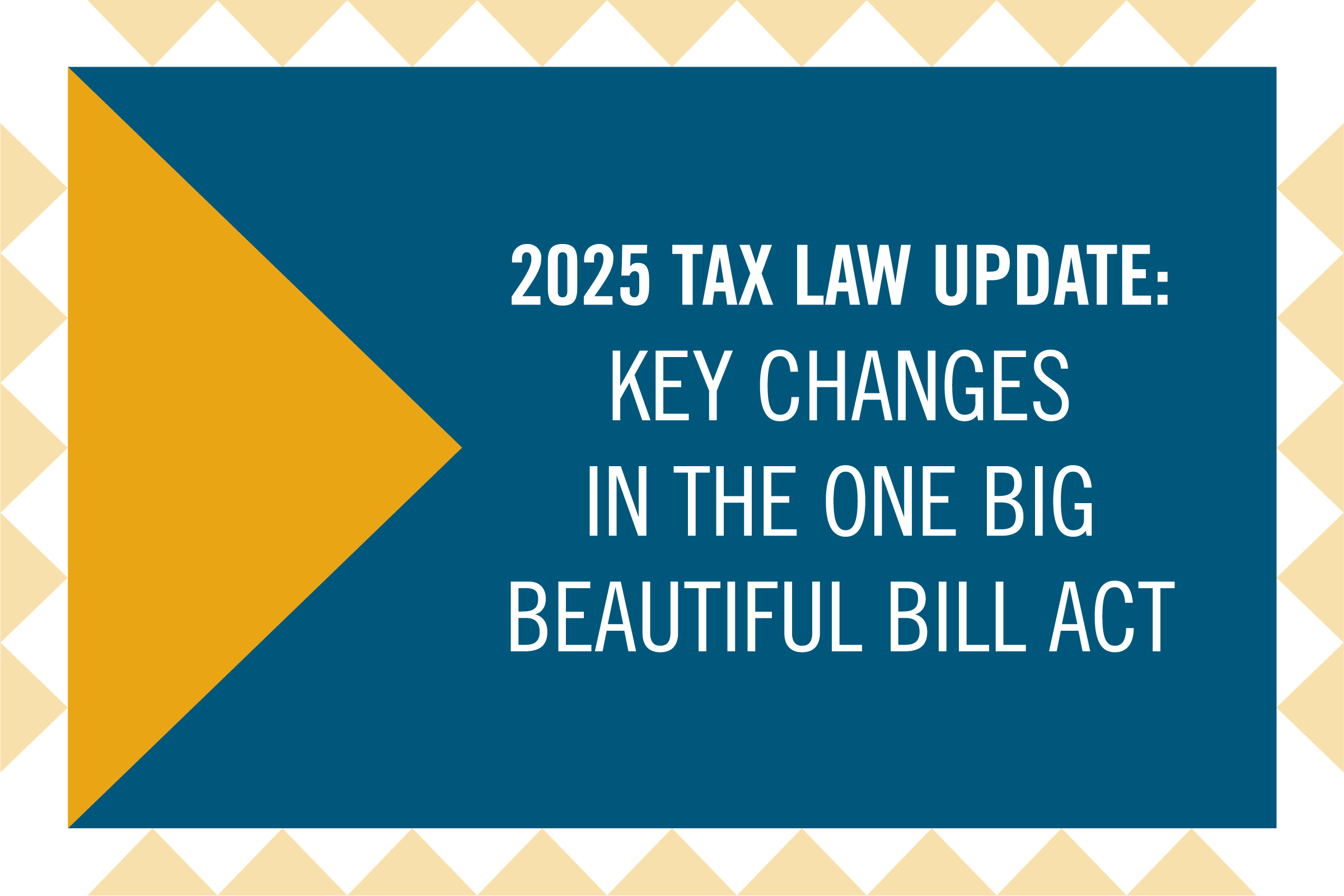New IRS and Treasury Guidance Targets Basis Shifting Transactions in Partnerships
- Contributor
- Kris Hoffman
Jun 21, 2024
The Department of the Treasury and the Internal Revenue Service recently issued guidance addressing the perceived misuse of partnership rules to artificially inflate the basis of assets without meaningful economic impact. This guidance relates to certain partnership transactions that the IRS believes generate inappropriate tax benefits.
These basis shifting transactions, targeted by the new guidance, generally fall into three categories:
- Transfer of Partnership Interest to Related Party: This involves tax-free transfers that inflate the transferee’s share of inside partnership tax basis.
- Distribution of Property to a Related Party: This includes distributions that adjust asset basis to achieve stepped up asset basis within the partnership.
- Liquidation of Related Partnership or Partner: This involves strategies to adjust the cost recovery of assets favorably among related partners via a liquidating distribution.
To combat these practices, Notice 2024-54 announces two forthcoming regulations aimed at restricting tax benefits derived from basis adjustments:
- The first set of regulations would require partnerships to treat basis adjustments arising from covered transactions in a way that restricts them from deriving inappropriate tax benefits from these adjustments.
- The second set of regulations would provide rules to ensure a clear reflection of taxable income and tax liability for a consolidated group of corporations when members of the group own interests in partnerships.
Basis Shifting Transactions as Reportable Transactions of Interest
The proposed regulations issued by the Treasury and IRS identify certain basis shifting transactions by partnerships as reportable Transactions of Interest (TOI). These regulations aim to provide the IRS with information on potentially abusive partnership transactions that result in significant tax benefits without meaningful economic changes. The identified transactions involve related-party basis adjustments of $5 million or more under sections 732(b) or (d), 734(b), or 743(b) of the Internal Revenue Code, where no corresponding tax is paid.
The regulations require affected partnerships and their advisors to disclose these type of transactions. IRS Commissioner Danny Werfel emphasized that these regulations target complex arrangements that shield taxable income from scrutiny and reflect the agency’s commitment to addressing noncompliance by partnerships and high-income taxpayers, enhancing fairness in the tax system.
Need Help Understanding the New Regulations?
Understanding the complexities of new regulations can be challenging, but you don’t have to navigate them alone. For personalized guidance on how these regulations may impact your partnership, contact your CRI advisor today. Our team is here to provide the insights and support you need to navigate these changes effectively.

















































































































































































































































































































































































































































































































